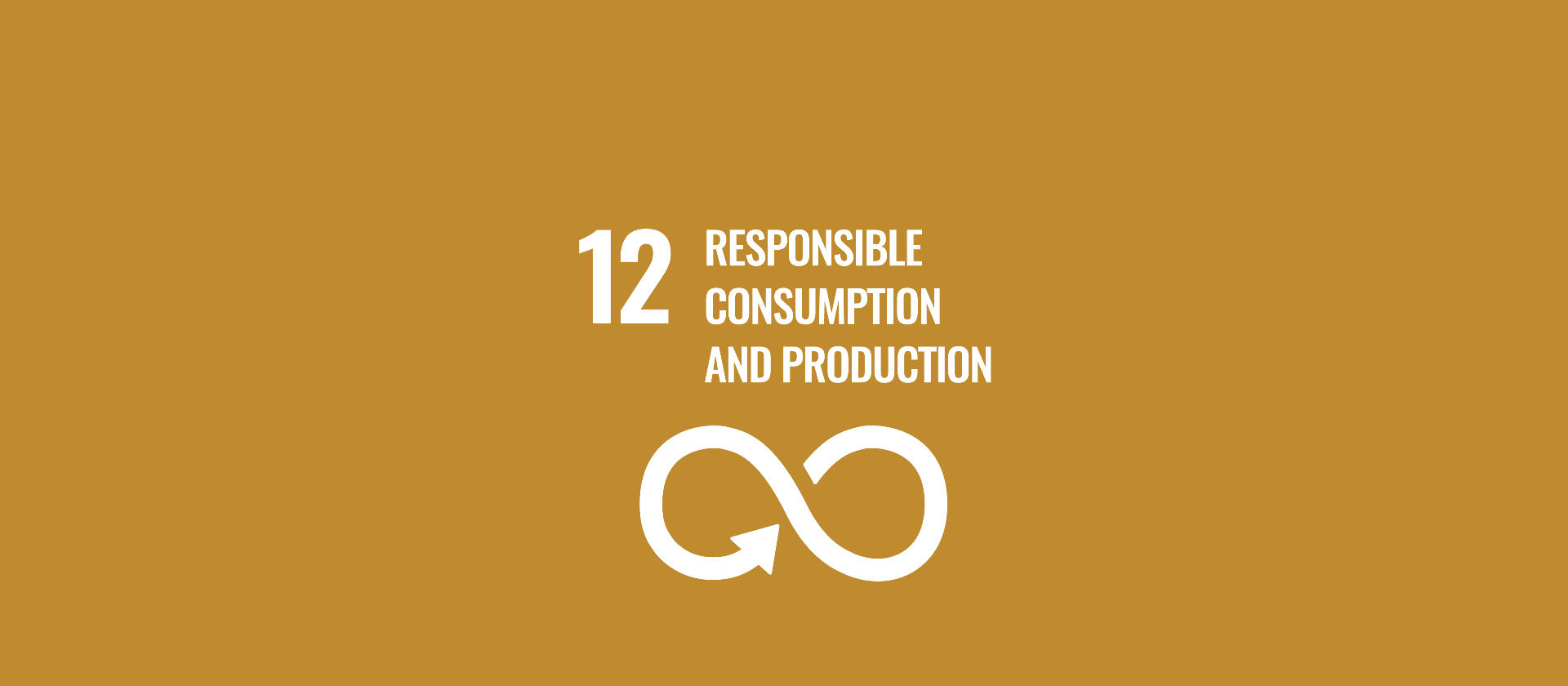The Responsible Consumption & Production Working Group (RC&PWG) uses the academic expertise on campus to look at how the University can promote better resource efficiency on campus.
The RC&PWG has a number of experts and practitioners who are able to provide an informed discussion about how the University can shape our own responsibilities around production and consumption. The group's objectives will be focused on how we, as an important anchor institution, can make improvements to matters such as procurement, food provision, waste and energy.
To achieve this, we must be mindful of the competing interests we face, any limitations to what we can do, and how we must show a feasible set of recommendations for the immediate and near future. However, “we cannot see this as a short-term process and we have to bring people with us including students, staff, senior management and the trade unions. We should also ensure that our partners in the wider city region recognise and support us in our efforts." Dr Alan Southern.
View the Responsible Consumption and Production Working Group Terms of Reference
Chair of the The Responsible Consumption & Production Working Group
Dr Alan Southern, PI Heseltine Institute and Senior Lecturer in the Management School

Alan Southern's research focuses on the social economy and enterprise in low-income communities and he teaches sustainable forms of enterprise, and social enterprise. His work has influenced the development of the Liverpool City Region’s local industrial strategy, with the social economy now recognised as an important contributor to the social and economic value of the local economy. He believes the group can play a positive role in helping the university think through what needs to be done to align the university with the UN SDGs.

Ensuring responsible consumption and production
See how we're promoting better resource efficiency on campus, including a whole life cycle approach.
Chair of the Responsible Consumption and Production working group
Back to: Sustainability